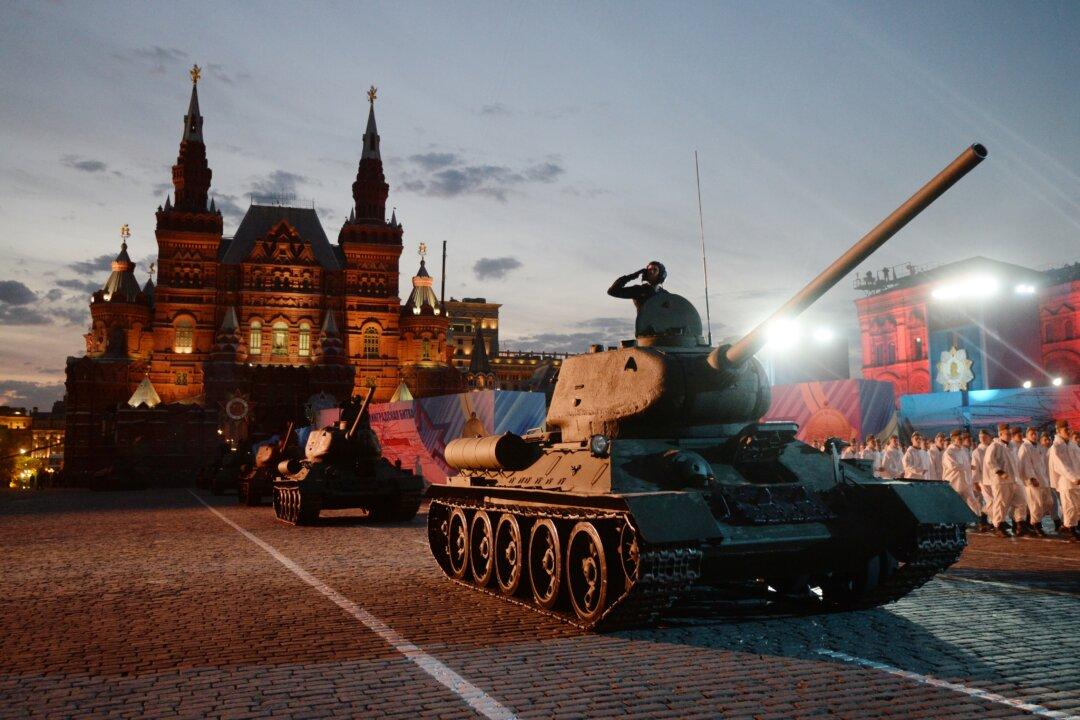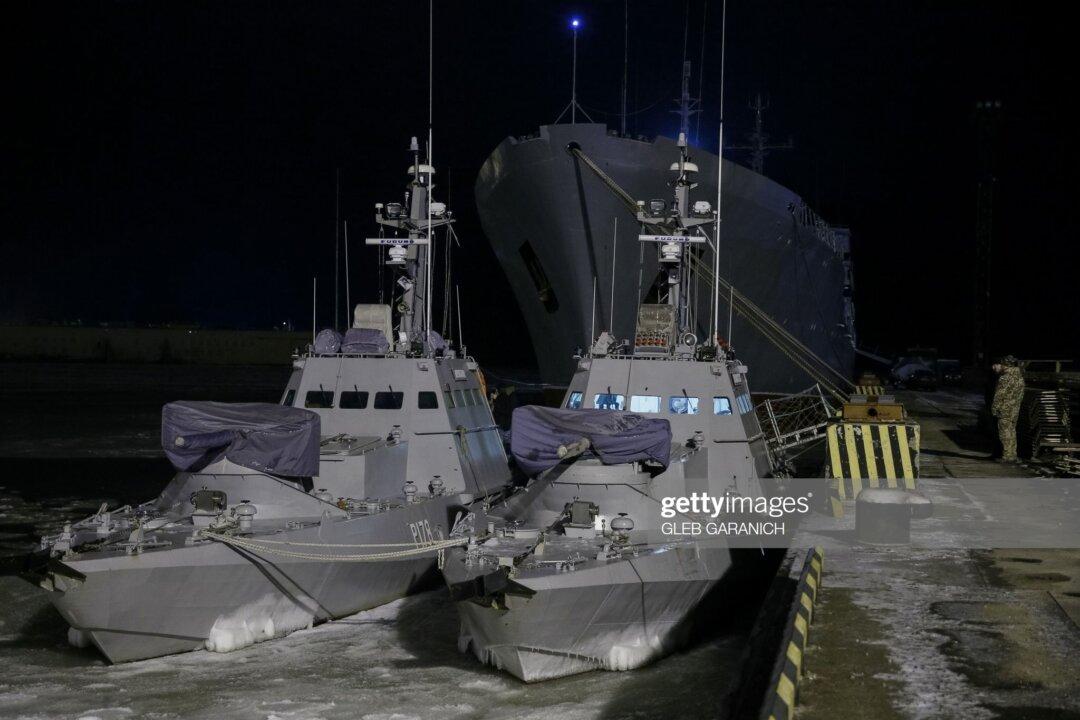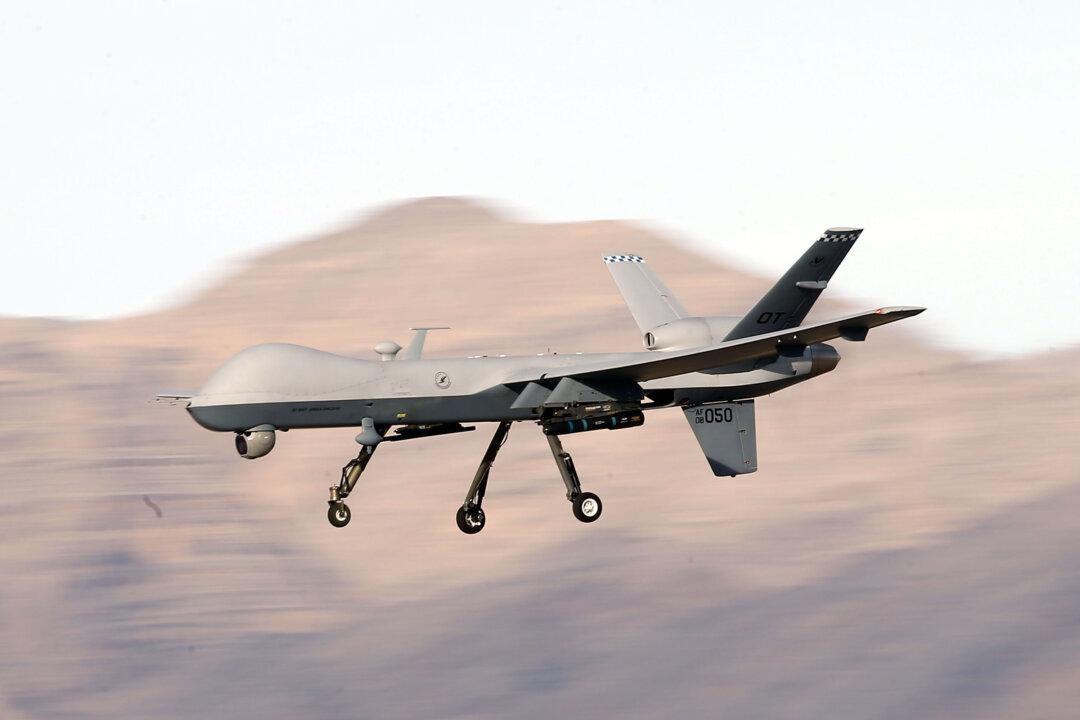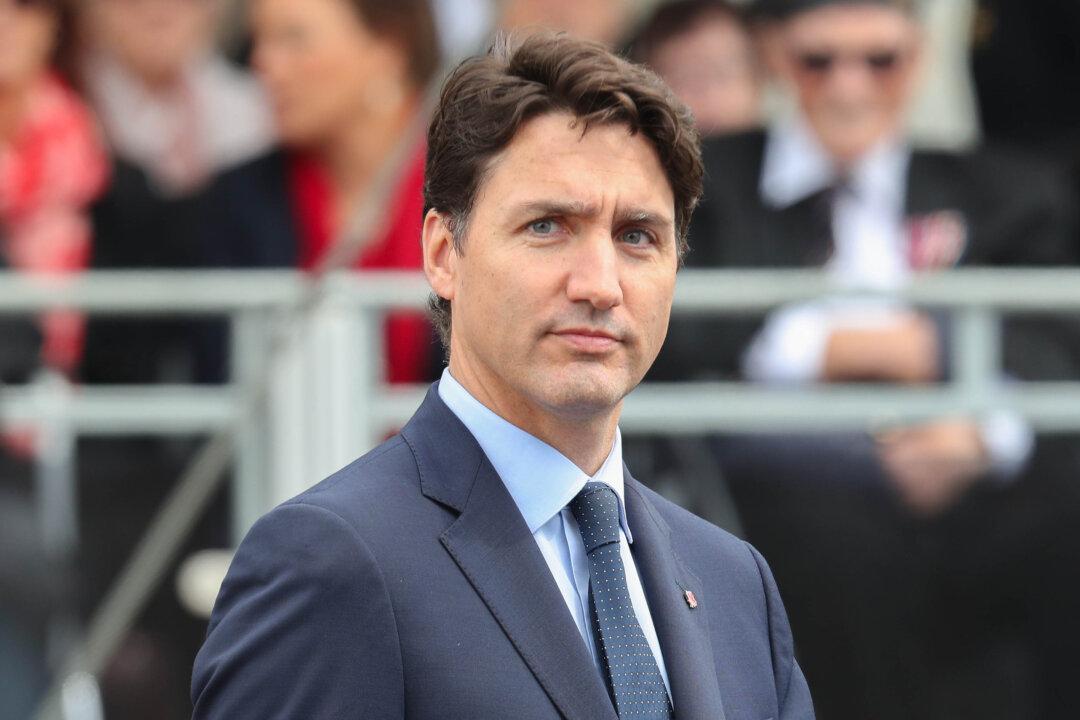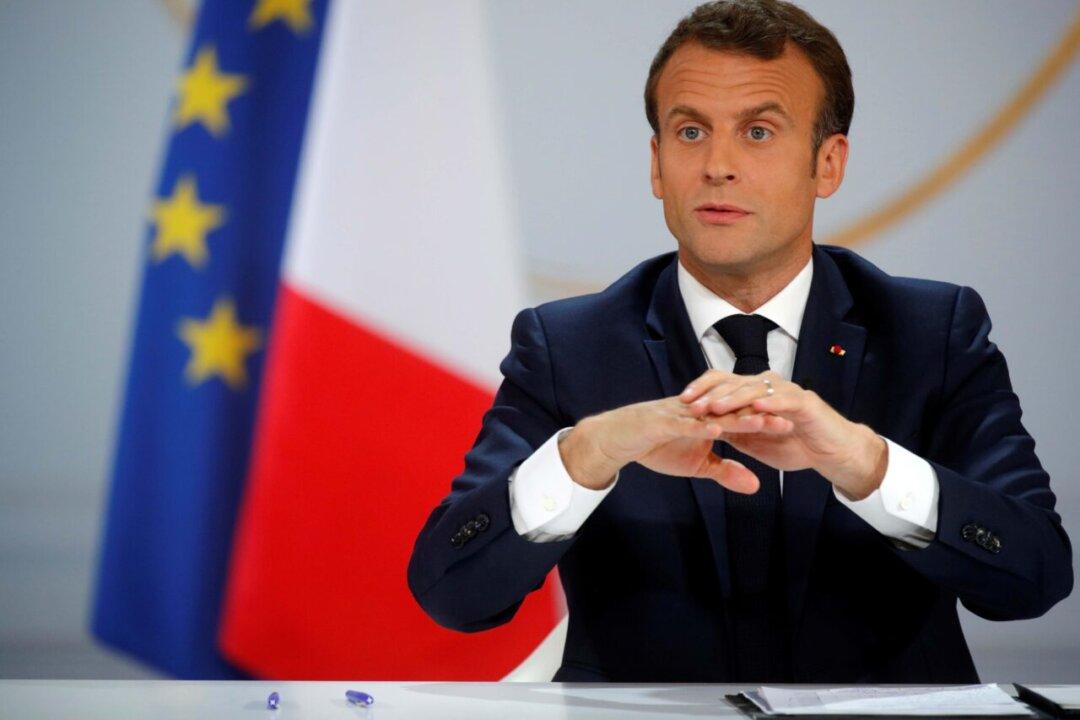Having spent roughly 20 years sulking in “hibernation” (and enjoying oil riches) following the 1989 implosion of the Soviet Union, Russian revanchism is now on center stage.
It is not as if Russian President Vladimir Putin did nothing for the 15 years that he has been in power. But much of what he accomplished in making Russia more dynamic was under the radar. Or it affected countries so much on the periphery of U.S., NATO, or Western thought that we hardly noticed his intervention in Georgia; violent suppression in Chechnya; or manipulating Nagorno-Karabakh-Azerbaijan.
Indeed, it wasn’t until Putin blithely seized the Crimea and put Ukraine in a hammerlock that NATO and the West noticed that anything was occurring in Russian foreign policy. After all, most U.S. and Canadian leadership had at least heard of the Crimea and Ukraine.
We have ignored reports of the Russian military modernization. So while Russia has deployed new missile models, launched new submarines, and professionalized a previously rather ragged army, the West sat content in presumed military superiority. Thus, it was more than a bit of a surprise to see Russian cruise missiles launched from the Caspian in support of the Assad regime and subsequently from the Mediterranean against assorted Syrian rebel targets.
